As Malaysia advances its digital transformation, PEPPOL e-invoicing is becoming a crucial component for businesses seeking to streamline their invoicing processes. In this article, we’ll be exploring what PEPPOL is, MDEC’s role, and identify which service providers are approved under this framework. This guide is designed to help you better understand and implement e-invoicing in your operations smoothly.
What Is PEPPOL?
PEPPOL (Pan-European Public Procurement Online) is a set of technical specifications that enables electronic documentation between businesses and government entities across Europe. As it’s gaining more traction globally, PEPPOL makes way for standardized communication across different invoicing systems – facilitating easier, more secure, and efficient transactions. The adoption of PEPPOL in Malaysia represents a significant step towards global interoperability in e-invoicing.
What Is MDEC’s Under The PEPPOL Authority?
Under Malaysia’s national e-Invoicing initiative, several service providers have been accredited by MDEC to ensure businesses can seamlessly integrate PEPPOL standards. These providers offer various solutions tailored to different business needs, ranging from SMEs to large corporations. Let’s take a closer look at each of these providers:
1. Valtatech
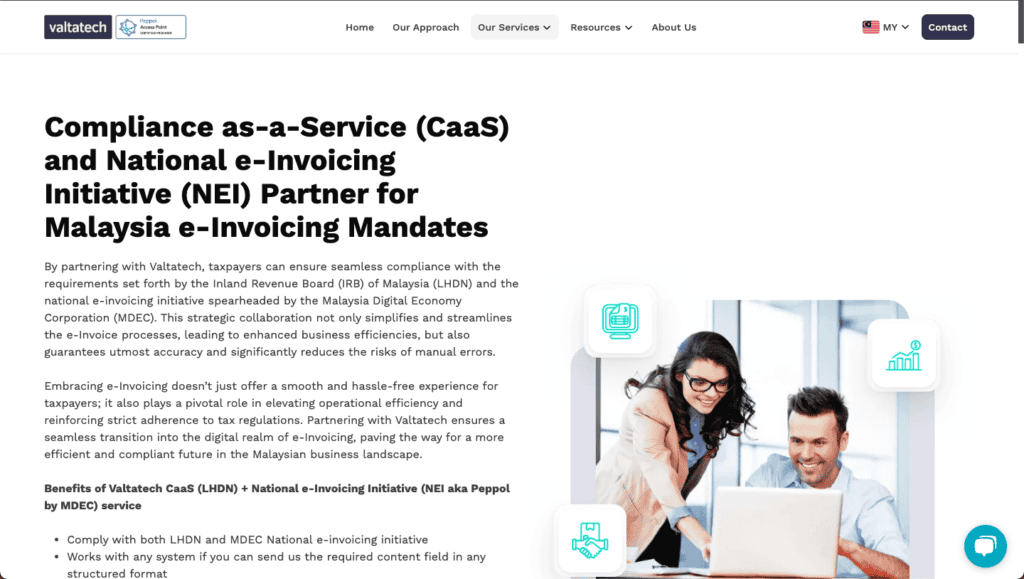
Known for its robust e-invoicing and compliance solutions, Valtatech has been awarded the Malaysia Digital Status, recognizing its excellence in digital solutions. They provide comprehensive services that help businesses automate their procurement to pay processes, enhance data quality, and ensure compliance with international standards.
2. LinkFor
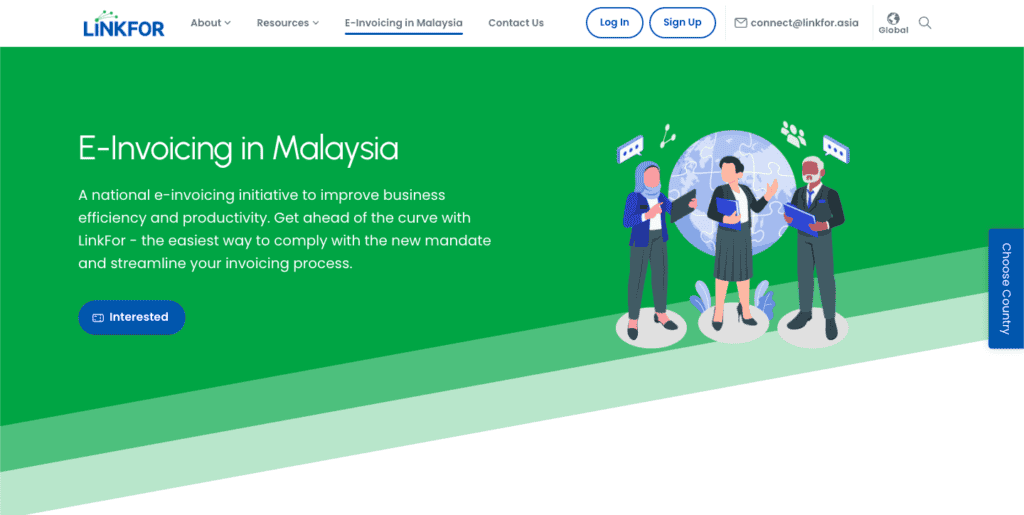
Specializing in PEPPOL Access Point services, LinkFor enables businesses to connect with the PEPPOL network effortlessly. LinkFor’s services are designed to simplify how businesses send and receive invoices, making the process faster, more secure, and compliant with global standards. Their platform is particularly beneficial for SME’s looking to streamline their invoicing processes.
3. SQL Account
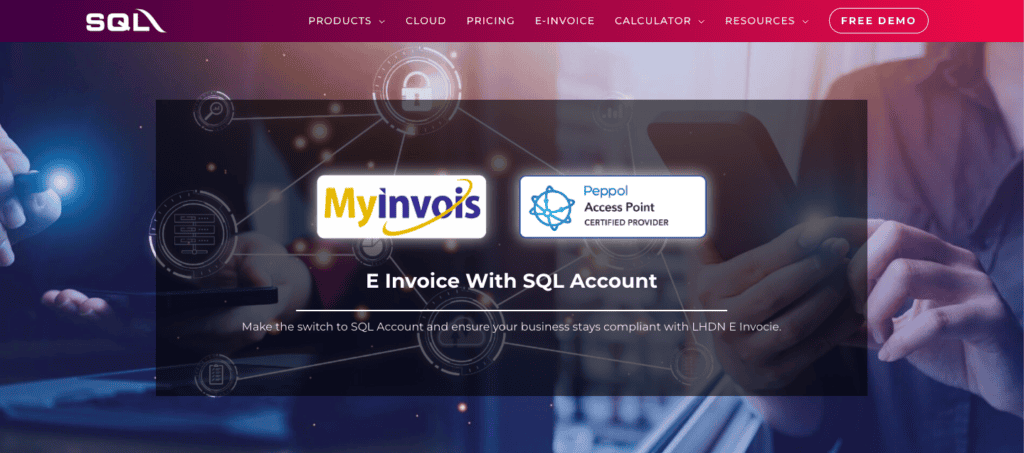
This software is a popular choice among Malaysian businesses for its user-friendly interface and comprehensive accounting features. Now that SQL Account is PEPPOL accredited, it supports the standardized e-invoicing framework necessary for international and local transactions.
4. Biztory
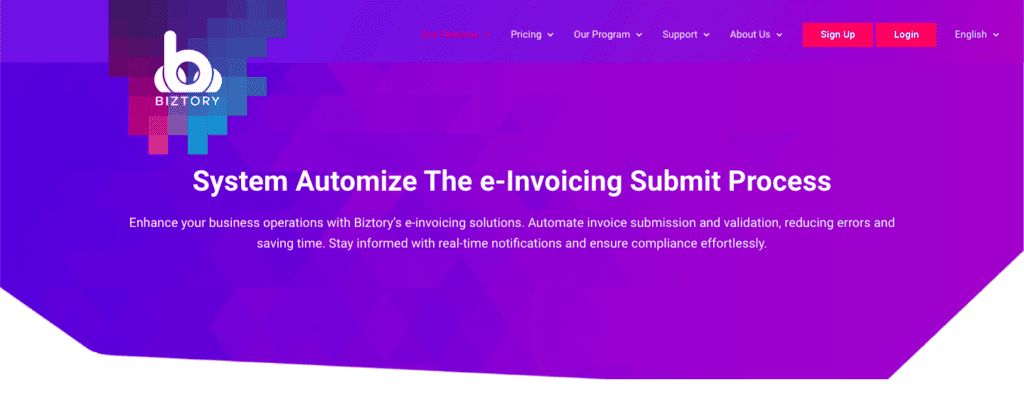
Biztory is tailored to meet the needs of SMEs as it focuses on providing an easy-to-use, scalable solution that supports growth and transition to digital practices, including e-invoicing under PEPPOL. Biztory’s platform is known for its intuitive design and affordability.
5. Xero
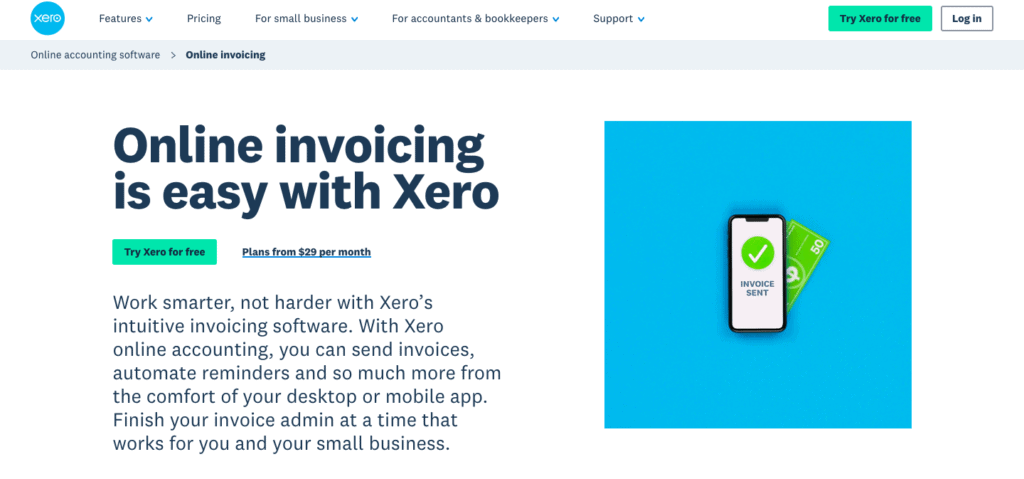
As an internationally renowned software, Xero offers a comprehensive suite of features for managing business finances, including e-invoicing. Accredited for e-invoicing in Malaysia, Xero facilitates smooth, secure invoice transactions and real-time tracking of business financials, making it a preferred choice for businesses looking to expand their operations globally.
These accredited providers are integral to Malaysia’s e-invoicing framework, ensuring businesses can adopt a standardized, efficient, and compliant invoicing system. Each provider brings unique strengths to the table, catering to a diverse range of business needs and helping drive Malaysia’s digital economy forward.
Conclusion
PEPPOL e-invoicing in Malaysia is setting a new standard for financial transactions in the digital age. With the support of MDEC and various service providers, Malaysian businesses are well-positioned to enhance their operational efficiencies and engage in international trade more effectively.

